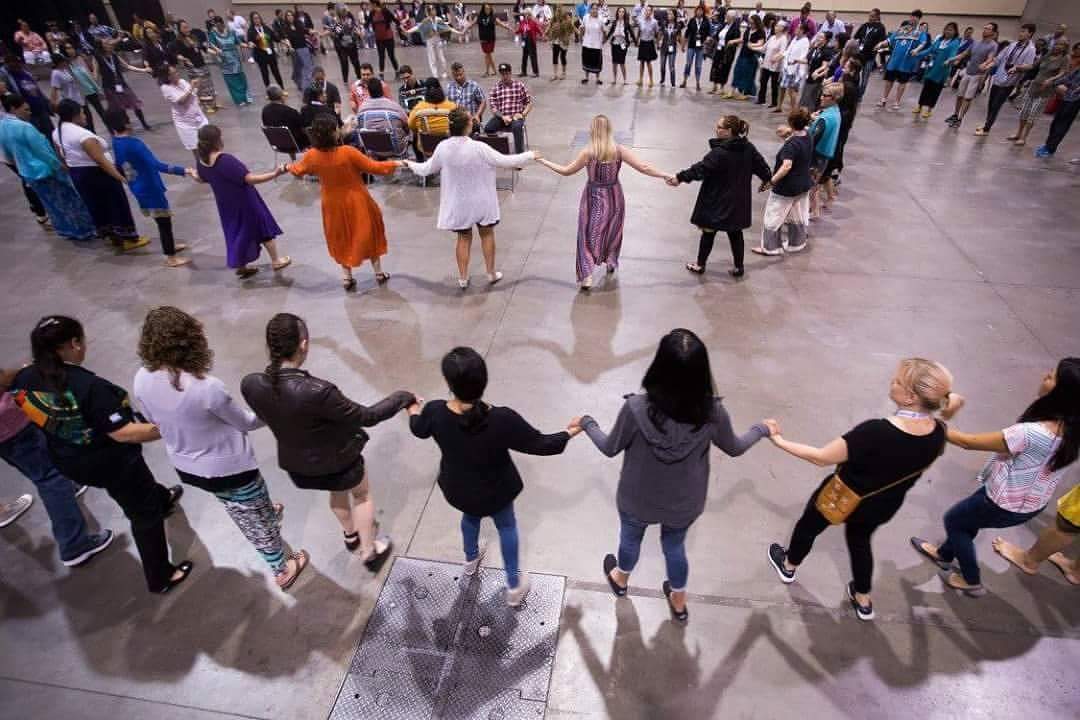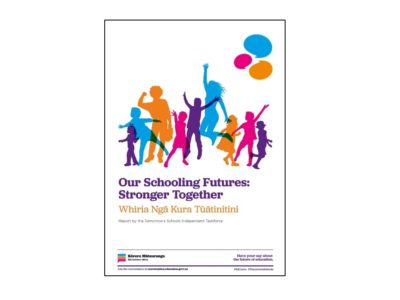
Have you read this?
Posted on 01 March, 2019
https://poutamapounamu.org.nz/news/2019/have-you-read-this
Public consultation underway
| Whakarongo! Whakarongo! Whakarongo mai! Ki te tangi a te manu e karanga nei "Tui, tui. tuituia !" Tuia i runga, tuia i raro, Tuia i roto, tuia i waho, Tuia i te here tangata |
Listen! Listen! Listen! Listen to the cry of the bird calling Sew, bind, join together Let it be woven above, woven below Woven within, woven without Interwoven with the thread of humanity |
The Government review of Tomorrow’s Schools by the Independent Taskforce is completed. Their report: Our Schooling Futures, Stronger Together l Whiria Ngā Kura Tūātinitini has now been released for public consultation. Tēnā koutou katoa.
We trust that the school year has started well for you, your students, and your whānau. We are making contact with all those schools, centres and institutions that share a space with Poutama Pounamu.
Poutama Poutama Director Professor Mere Berryman, together with other taskforce members Bali Haque, Barbara Ala’alatoa, Professor John O’Neill, and Dr Kathy Wylie, are currently engaged in a round of public consultation meetings to gather reaction to the report and its recommendations. Those reactions from communities around the country will feed into a final report.
Make sure your voice is heard
The Tomorrow’s Schools report will have very significant implications for future educational policy and practice in Aotearoa. Stakeholder feedback on the report and its recommendations will be critical to inform Government decision-making. Your voice, your views and your experiences will be fundamental in shaping the thinking and decisions moving forward.
Taskforce Chair Bali Haque is calling for ‘transformational change’ of the structure of our schooling system, and is arguing that "tinkering with the system … won’t work - careful and critical feedback from a broad cross-section of New Zealanders is essential."
From what we are seeing in the media, and on social media, there seems to be a concerted effort from those who favour the status quo to push back on the recommendations.
We encourage everyone to read the entire report and join in the submission process. Please take the time to respond online and attend one of the public meetings in your area. This is our opportunity to flex our educational leadership muscle! We have till April 7, 2019 to have our say.
All the best people, go well out there, and please share this message with your colleagues and networks.
Mauriora
Iti Joyce and Johnson Davis
How to add your voice
Public consultation on the Tomorrow’s Schools Review report, Our Schooling Futures, Stronger Together l Whiria Ngā Kura Tūātinitini, is open until 7 April 2019. The consultation can be done in the following ways:
- Survey
An online survey is now open until 31 March for you to provide feedback on the key issues and recommendations in the report. Click here to have your say.
- Written Submissions
Submissions can be emailed to tomorrows.schools@education.govt.nz
Freepost postcards will also be available at the public consultation meetings for anyone who wants to briefly have their say on a recommendation or the full report.
- Oral Submissions
A free 0800 number for oral submissions is available to leave your thoughts on the future of our schooling system. Call 0800 FOR TSR (0800 367 877) to leave a message.
- Public consultation meetings
Taskforce-led regional consultation meetings will take place from 14 February 2019.
Details of the locations, dates and times of these meetings is available here.
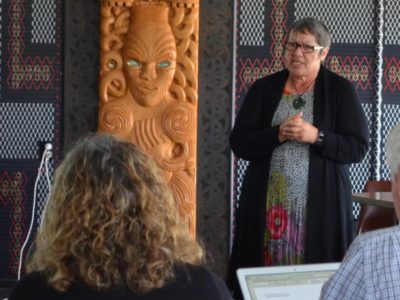
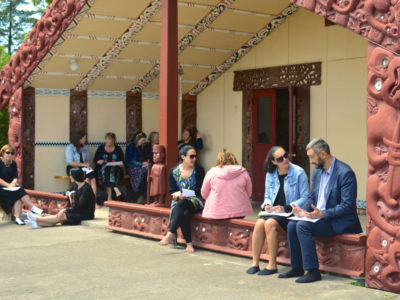
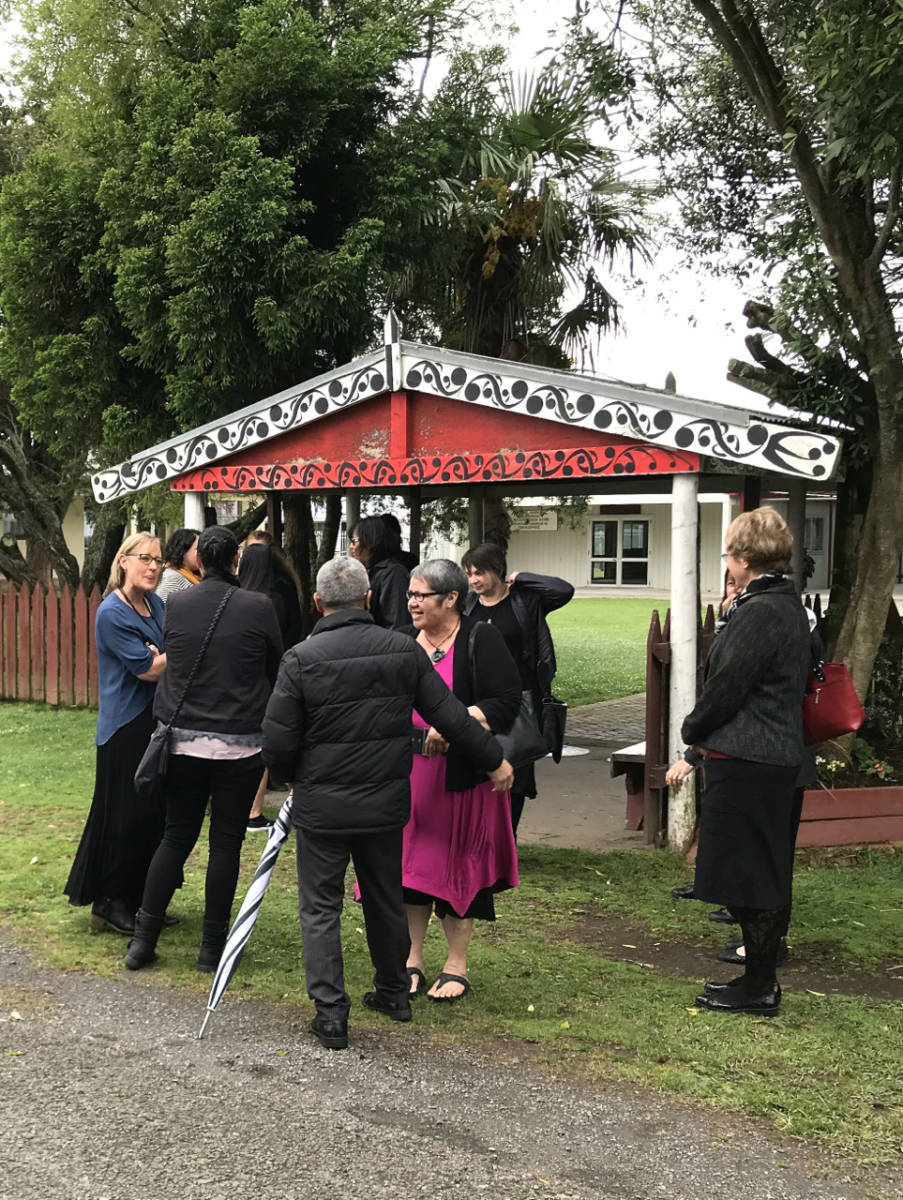 Having to leave our culture at the school gate to achieve in schools that marginalised and belittled our own cultural identity, has been the experience of generations of Māori students including myself.
Having to leave our culture at the school gate to achieve in schools that marginalised and belittled our own cultural identity, has been the experience of generations of Māori students including myself.
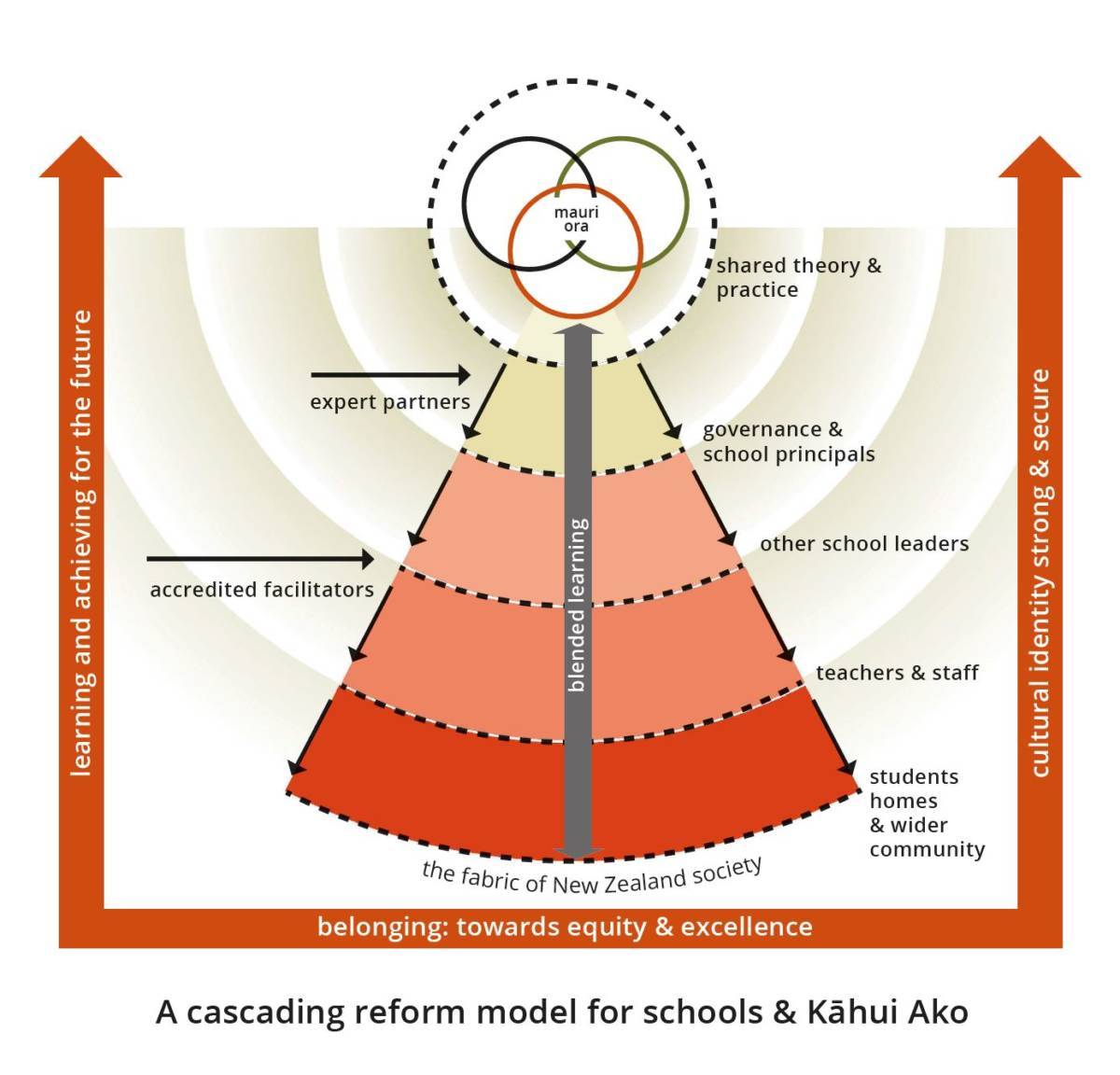
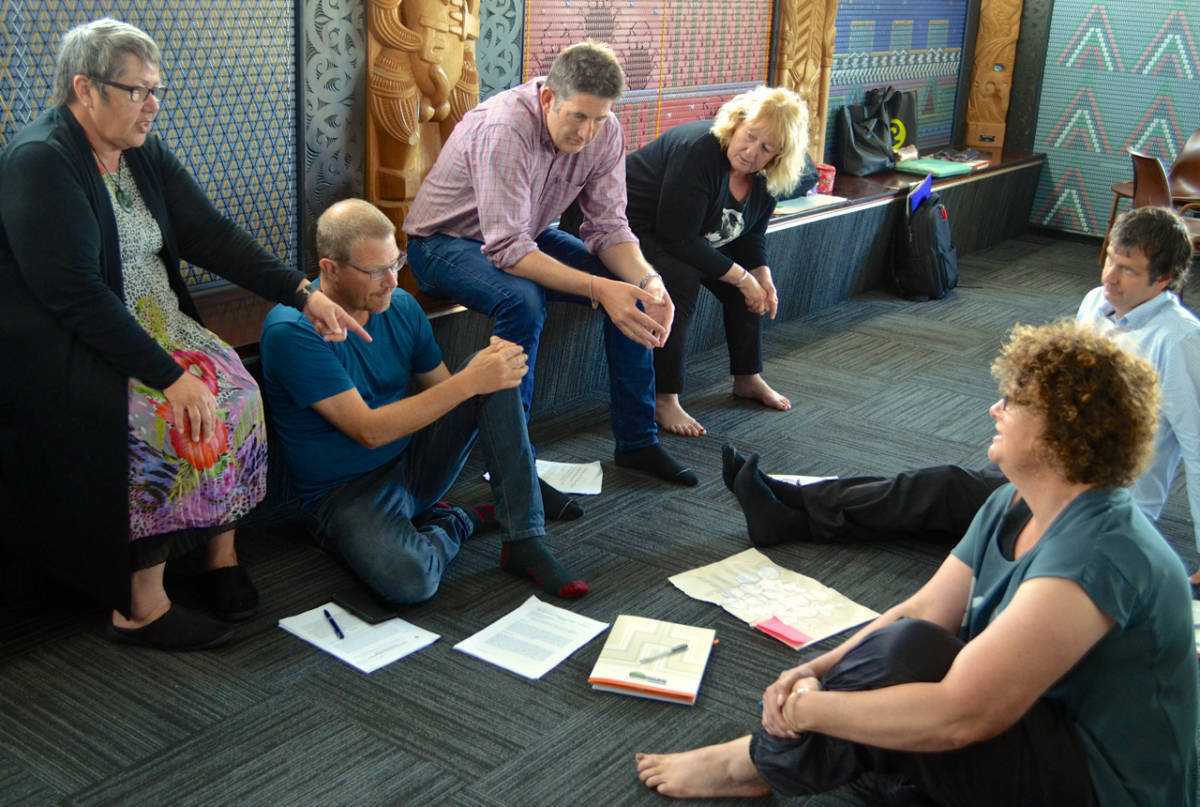 School and community members who engage in this
School and community members who engage in this 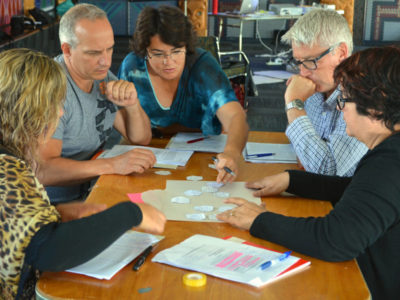
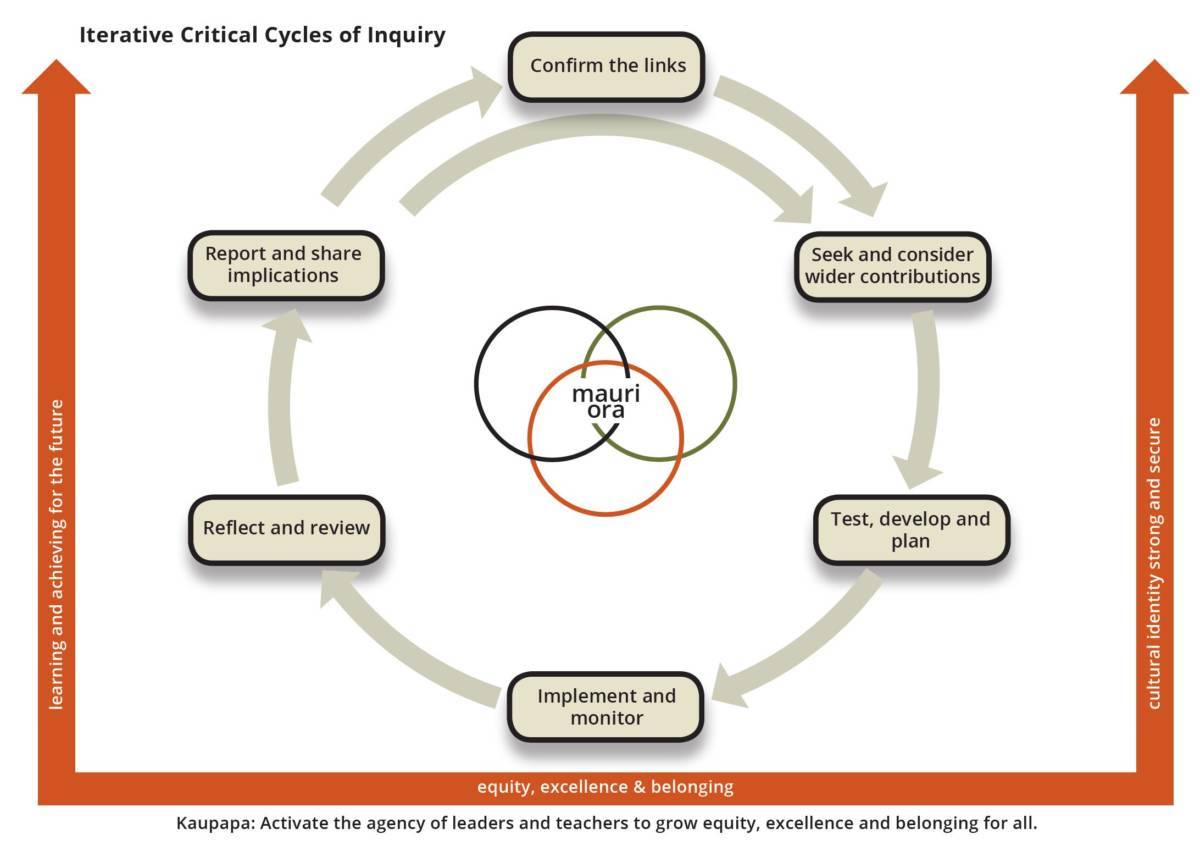
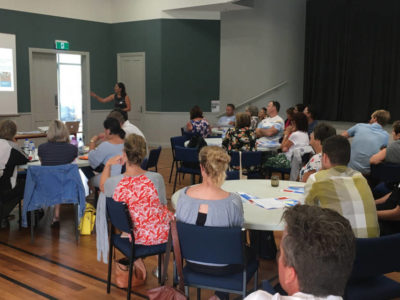
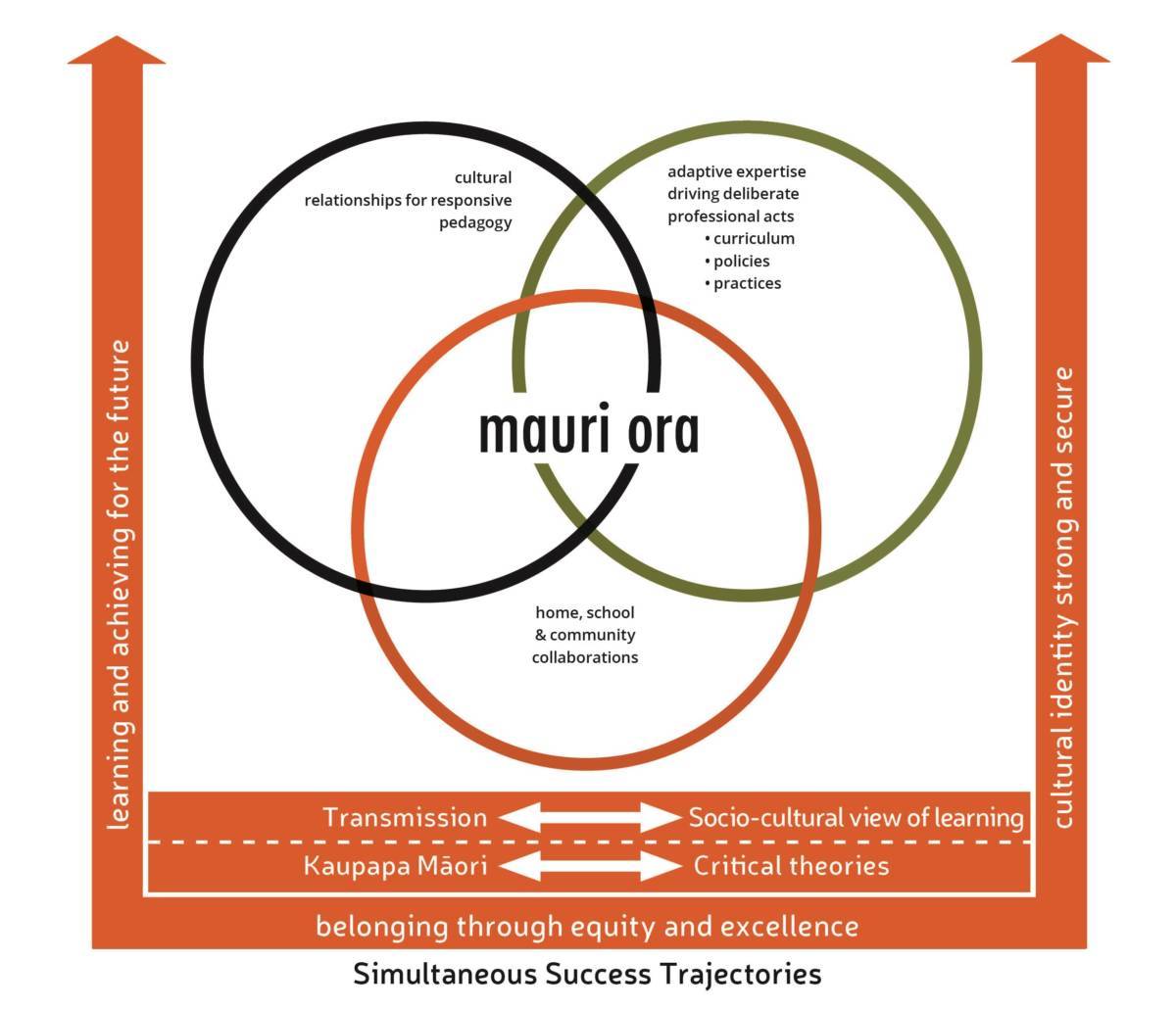
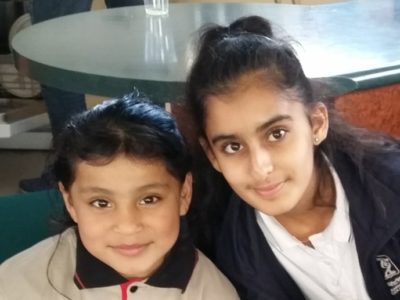
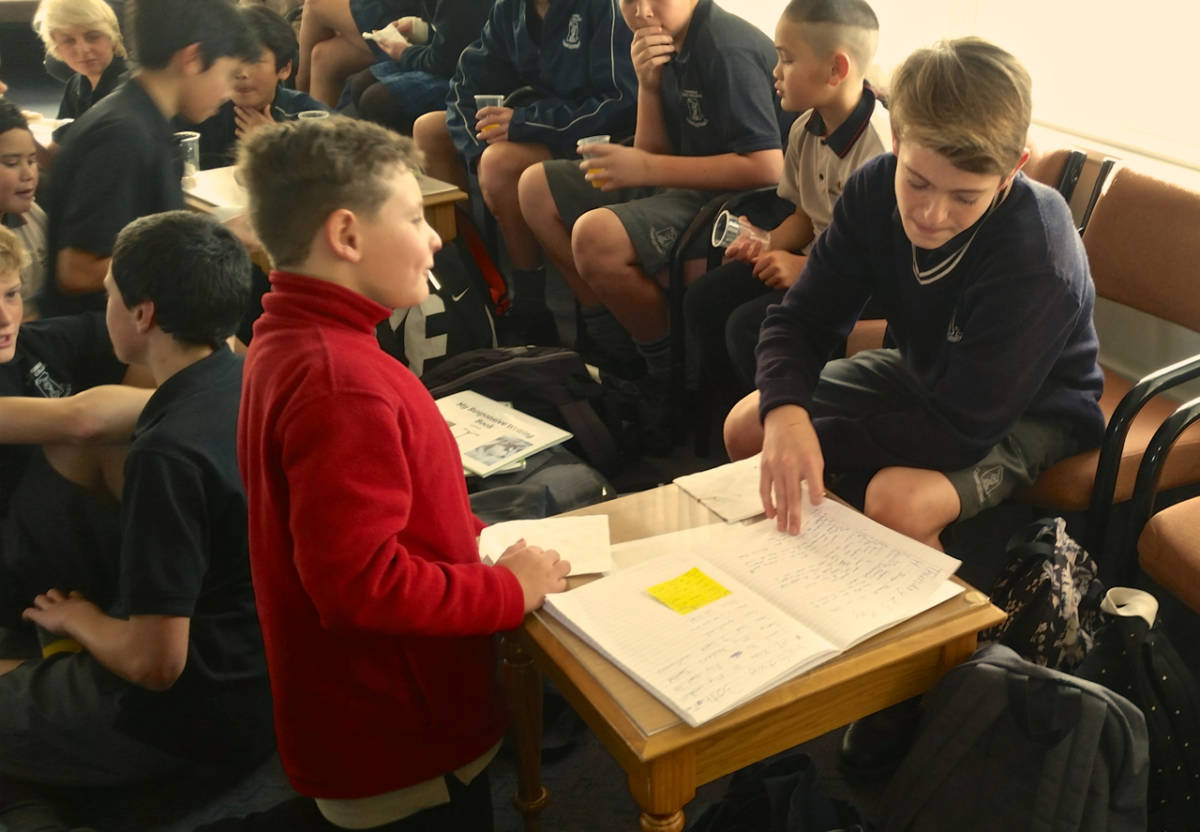
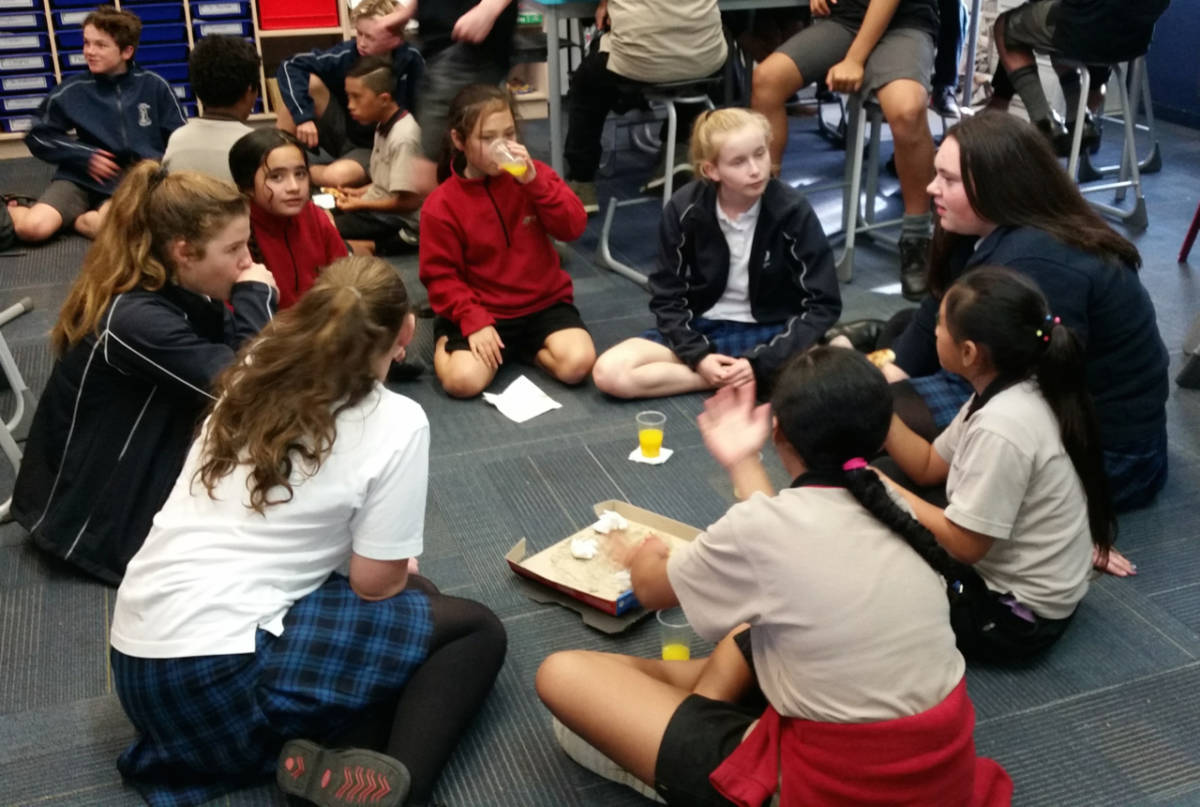 An analysis of the Week 1 and Week 10 samples from the Gate Pa students indicated that they had increased the quantity and quality of their writing over the period of the term.
An analysis of the Week 1 and Week 10 samples from the Gate Pa students indicated that they had increased the quantity and quality of their writing over the period of the term.
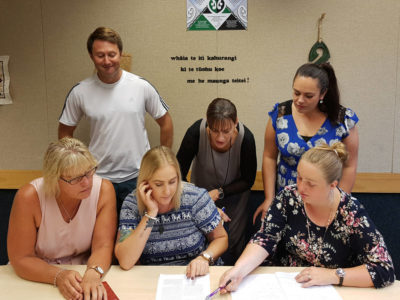
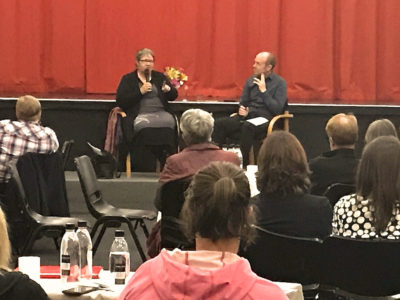
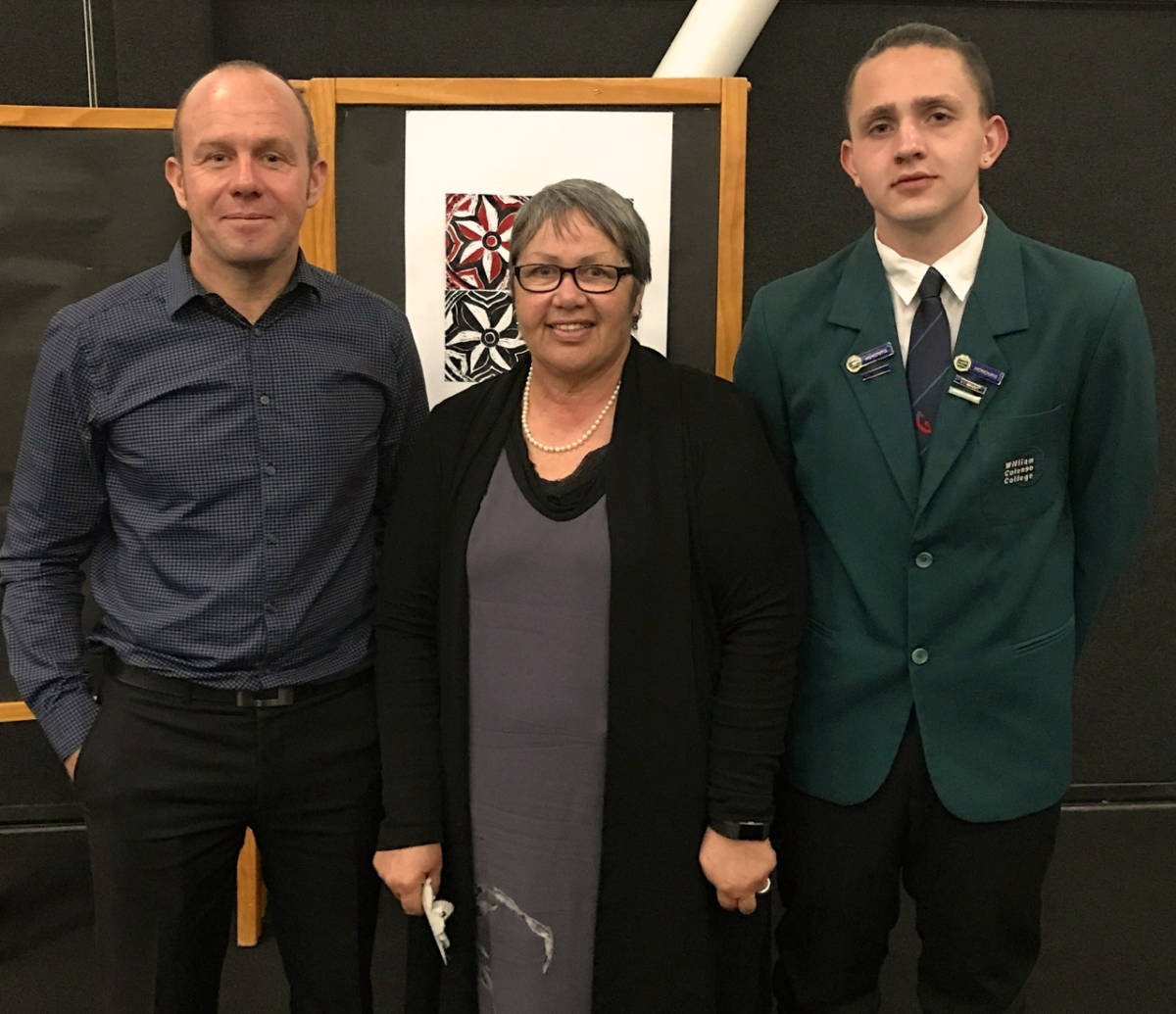 As part of their desire to reach out into the broader community, the William Colenso Parents’ Association invited educators, whānau and other organisations from Napier, Hastings and Havelock North to ‘An Evening with Mere Berryman’.
As part of their desire to reach out into the broader community, the William Colenso Parents’ Association invited educators, whānau and other organisations from Napier, Hastings and Havelock North to ‘An Evening with Mere Berryman’.
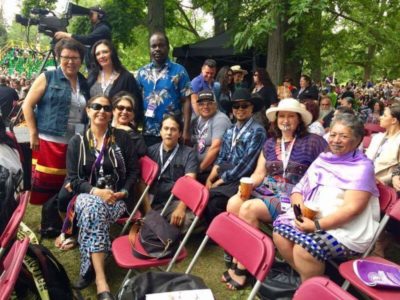
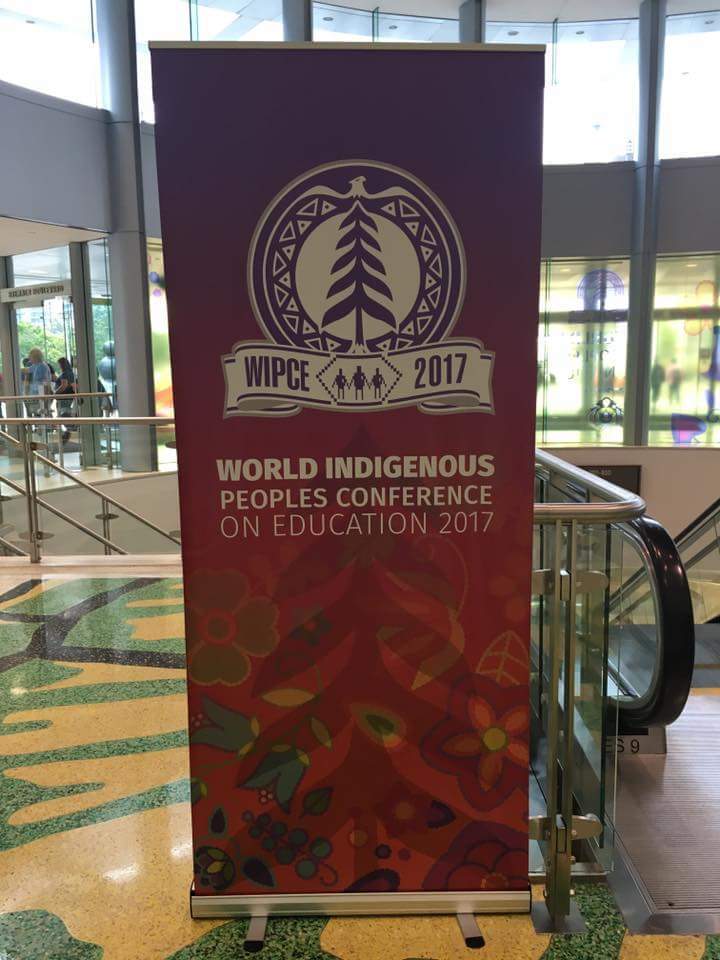 WIPCE 2017 24-28 July
WIPCE 2017 24-28 July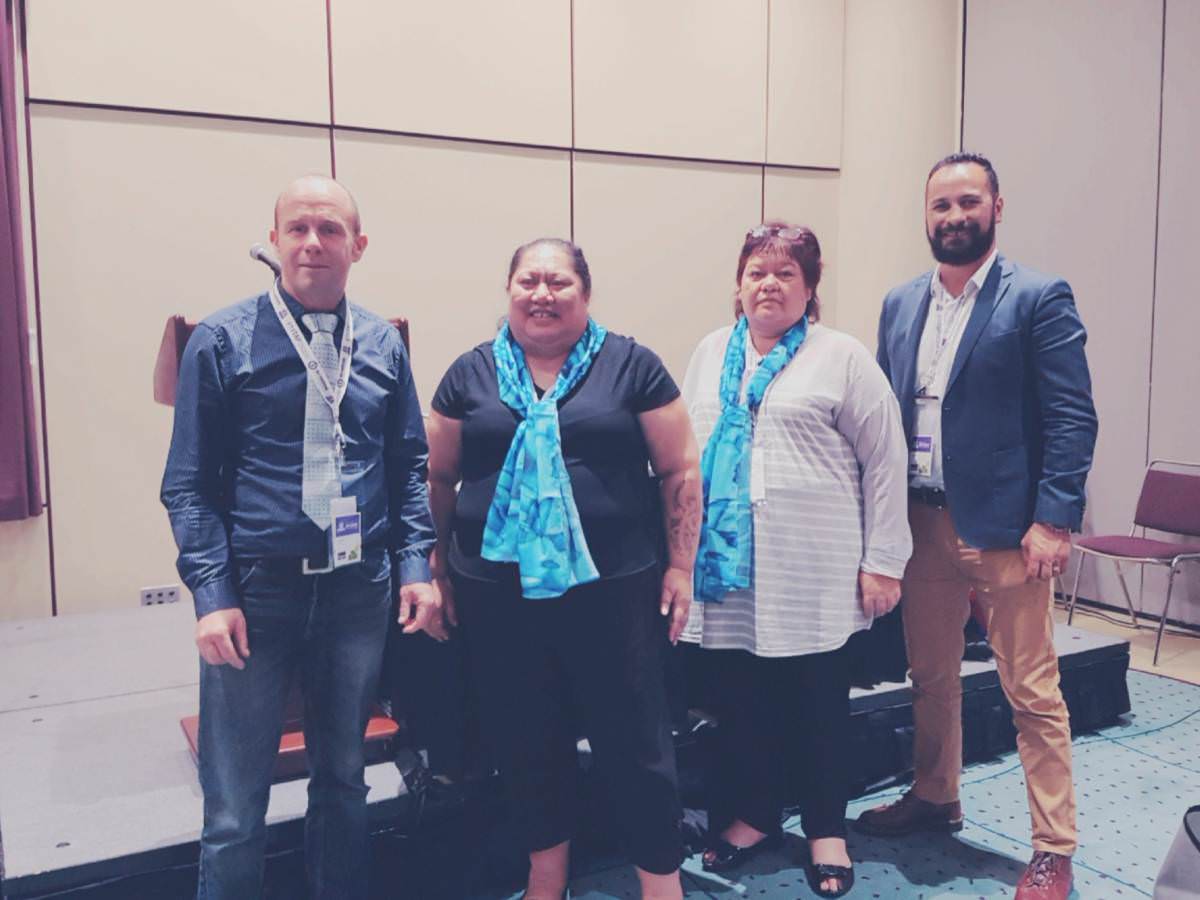 One of the groups was a small but powerful team from Napier. The team representing the Kāhui Ako–Matariki were:
One of the groups was a small but powerful team from Napier. The team representing the Kāhui Ako–Matariki were: